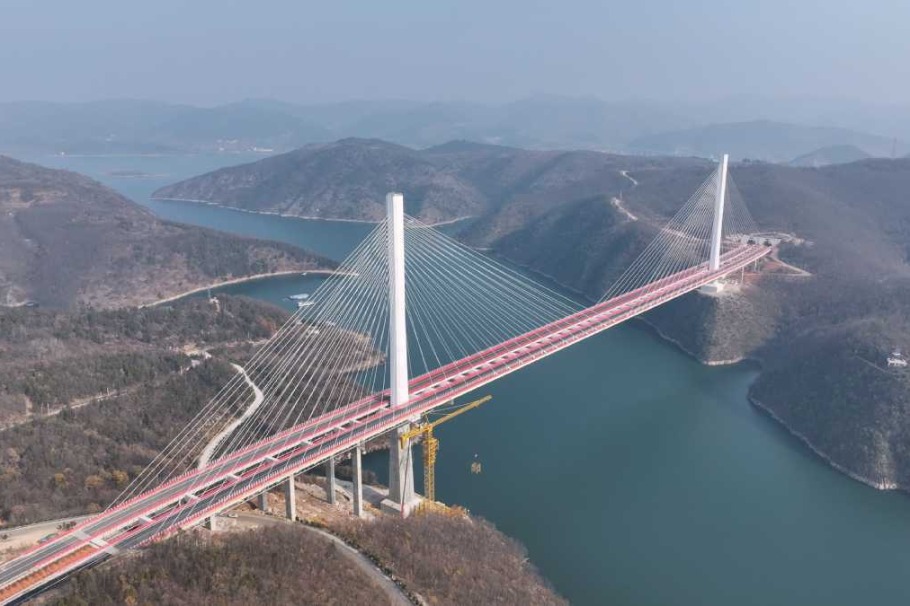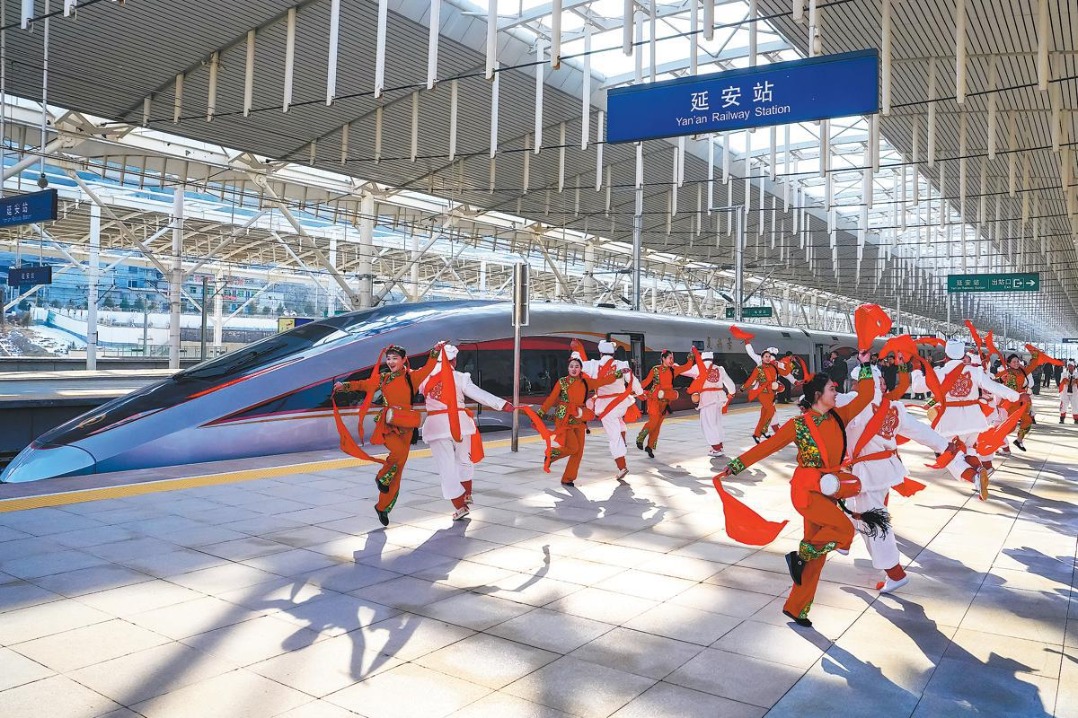Better scope, accuracy in China's weather forecasts


China has improved the scope and accuracy in forecasting and monitoring extreme weather conditions including typhoons, floods and droughts, thanks to years of research and a complete weather monitoring system, experts said Friday.
“Ever since we’ve developed satellite and radar technologies to observe the atmospheric airflow in 2012, we’ve managed to better track typhoon routes and analyze their force,” said Xu Yinglong, chief forecaster for the Central Meteorological Center.
Xu said that from 2012 to 2016, the average deviation of typhoon positioning was 15.9 kilometers and the average deviation of typhoon route forecasts was 77 kilometers, both smaller than that of Japan, the United States and South Korea.
He also said China has successfully collected data from other areas like the Bay of Bengal and the Atlantic Ocean, and the cyclone monitoring system is seeking to cover the entire globe by 2020.
China has a great diversity of climates and noticeable seasonal timings, and is one of the countries with the most severe natural disasters in the world. About 70 percent of China’s natural disasters are caused by climate, particularly extreme weather, and the subsequent average economic loss annually is about 300 billion yuan ($47 billion), according to Li Weijing, a climatologist from the National Meteorological Center.
From 2007, China has gradually set up a prediction system for extreme weather and scientists have begun not only predicting the upcoming weather, but also studying the causes and combining forecasts with consequence assessments.
“In the past, we can only say what kind of weather is coming, but now we can give a more detailed prediction of exactly which places are going to be affected by what kinds of disasters," he said.
"So from contributing factors to the forecasts and the consequence assessments, we've built up a complete monitoring chain which can support the government's work in disaster control and prevention."
Apart from continuing improvements in the accuracy of climate observations, Xu said the future will see more artificial intelligence and big data come into play.
"The data collected by satellites will be increasing tremendously in the future and it will be tough work to sort through," he said. "So we hope that advanced technologies like artificial intelligence can help efficiently select from the data pool those factors that are most likely to form extreme weather."
- 'Separatist fallacy' of Lai Ching-te 'doomed to fail'
- Shanghai Symphony Orchestra rings in the new year
- New power station opens in Shanghai
- Series on Shanghai revolutionary sites airs
- Xu Beihong's horse-themed art exhibition opens in Shanghai
- China has enhanced social safety net: government minister



































